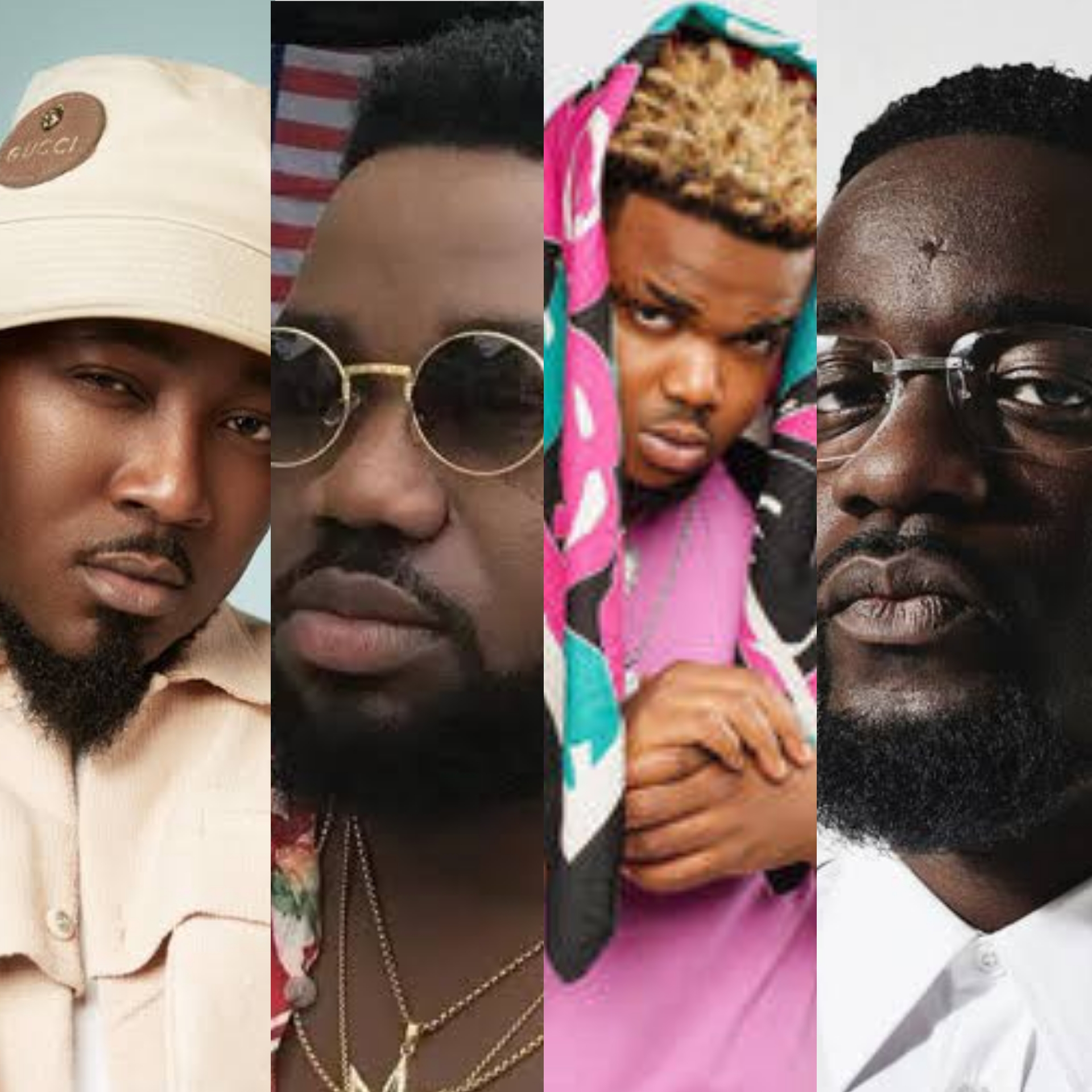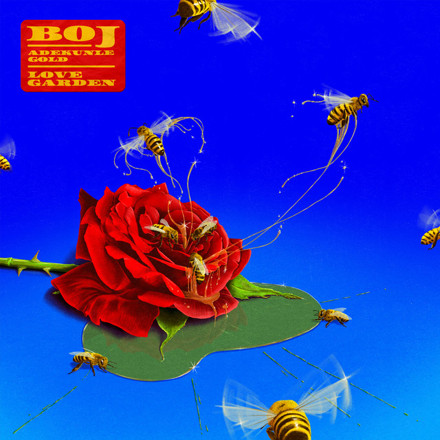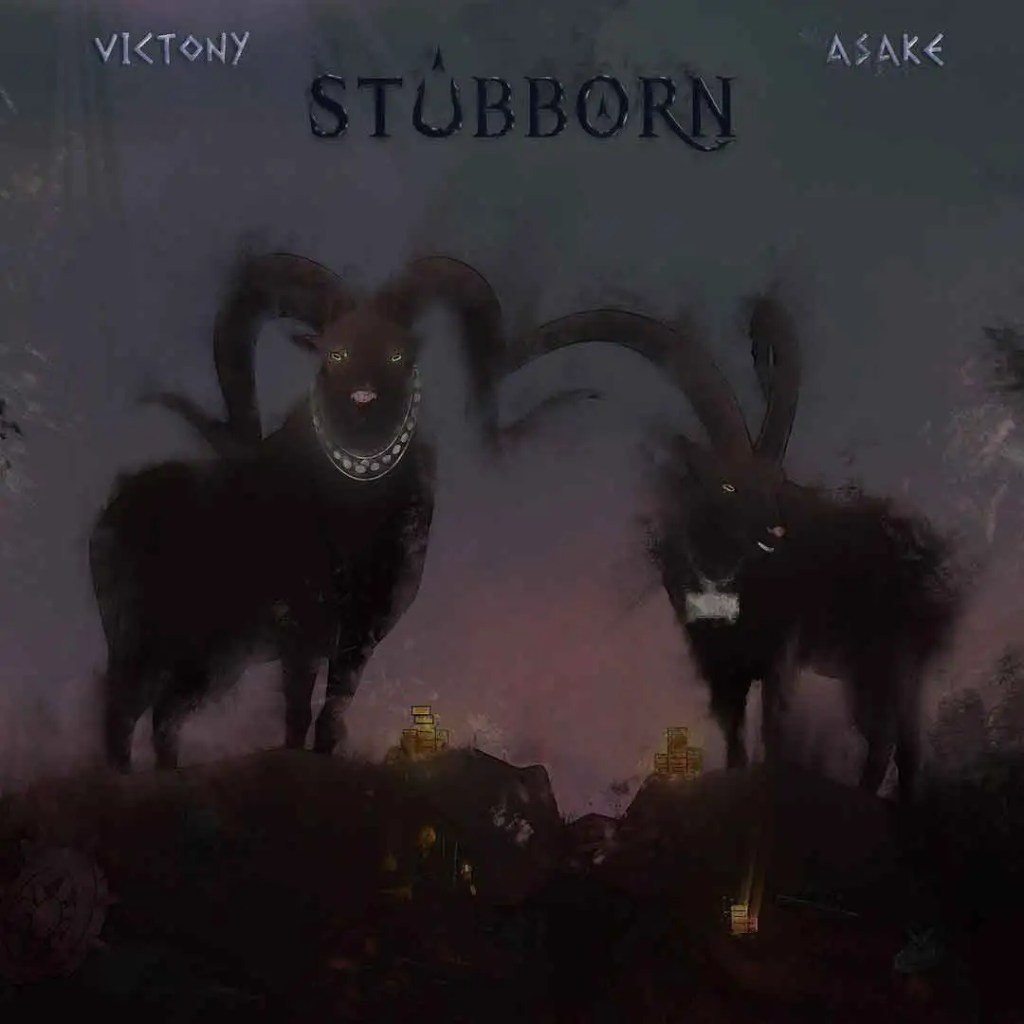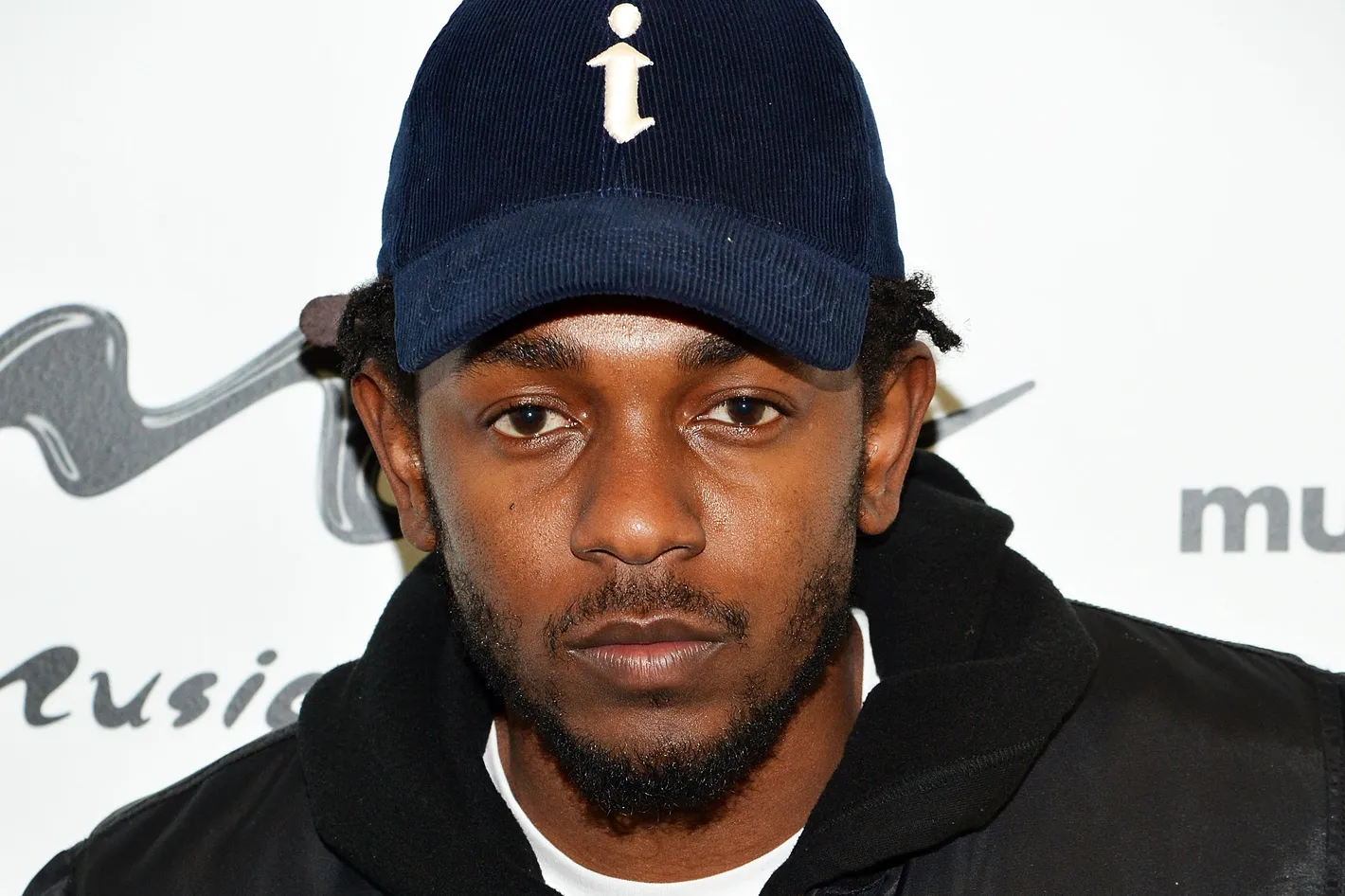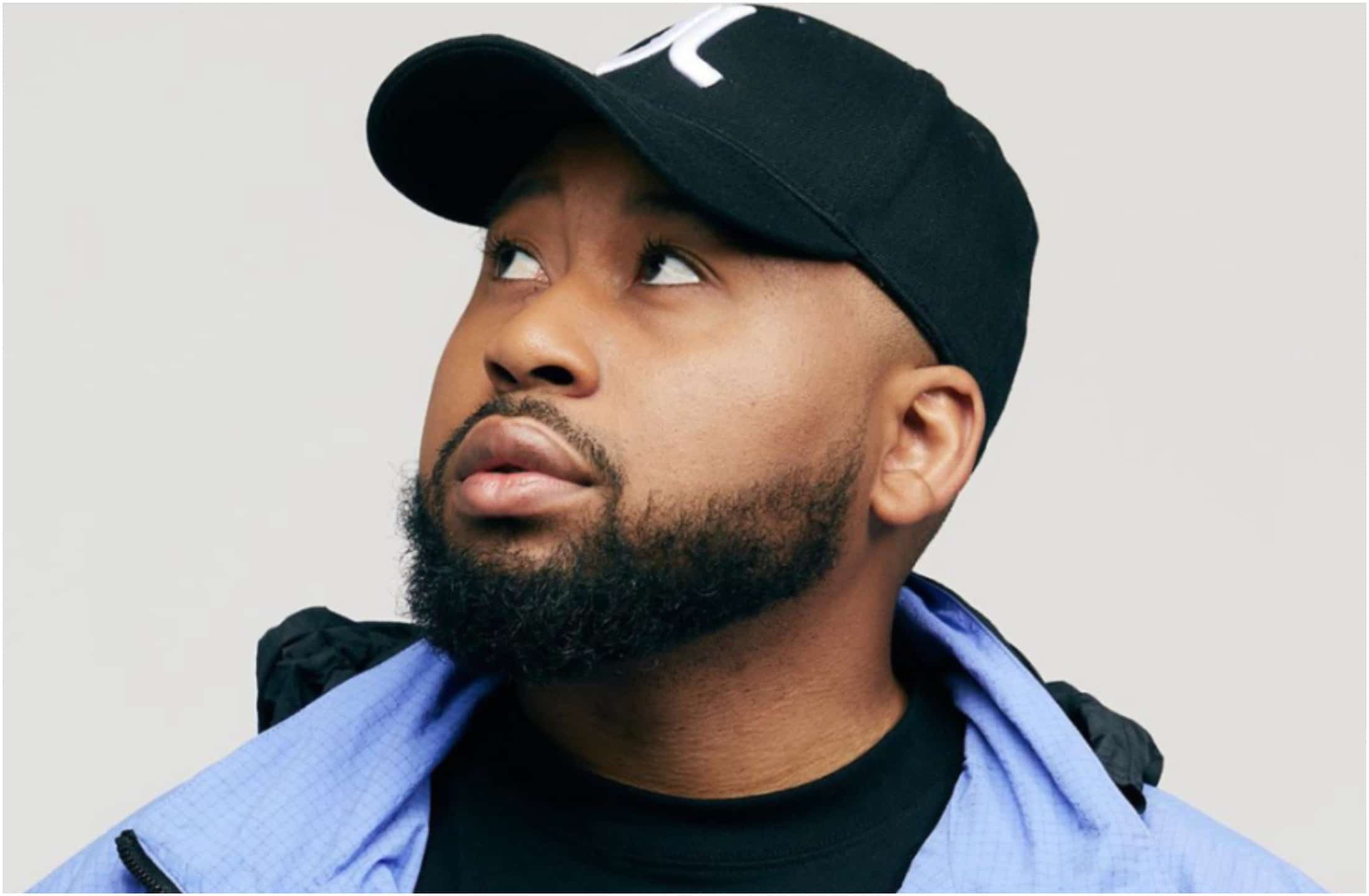Articles
Music Related Popular Questions Answered: 64 Things You Probably Don’t Know
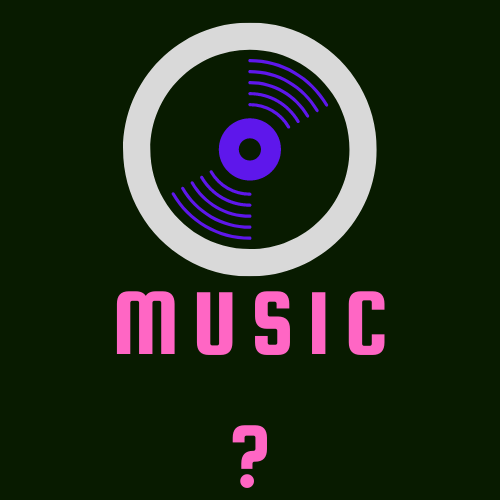
The quest for musical expression is as old as man. This innate desire led the ancients to strike trees rhythmically to entertain themselves – among other then-novel ways.
In the intervening centuries, so much has changed about music. Now, the world talks genres – and there are so many of them, tone, rhythm, and so much more.
Today, music is not only a field of stay, it’s an avenue through which millions around the world are making a living. But how well do you know music? You may want to join us to know things you probably don’t know already.
-
Are music CDs worth anything?
Yes, music CDs are still worth a thing. The world is currently more focused on online streaming platforms and at the moment music CDS are considered legacy means of music distribution. But then CDs are still are a thing because they are like a lamp into the past. And the world can benefit from knowing that history.
-
Are musicians smarter?
Oh, well, not really. Being a musician does not innately imbue someone with intelligence or make someone smarter. There are many smart people who are musicians, just as there are many dumb ones as well. All the same, the idea of being smart is relative.
-
Are music videos still a thing?
Of course, music videos are still a thing. Music videos amplify better the message of a song and it’s easy for an audience to relate with visuals (which also bears sound). Music videos have more streaming stats than plain old audio. Music videos can bring back to life hitherto forgotten songs.
-
Are musicians artists?
On a generic note, an artist is a creator of art. And since music is art, a musician who creates music is invariably an artist. All singers and rappers are musicians, and yes, musicians are artists. You can also add “e” so you have “artiste” – and you’ll still be on point.
-
Can music help you focus?
Yes, music can help you focus, but not everyone has been able to focus listening to music. Some people find music distracting. One experience doesn’t fit all, so you may want to find out what works for you and what doesn’t.
-
Can music help you sleep?
Some studies have shown that music can improve the quality of sleep of people with short-term sleeping problems. There are no authoritative studies that indicate that music can make anyone and everyone sleep, however. So it’s okay to experiment to see if it works for you.
-
Can music affect your mood?
Yes, music can affect mood – but it depends on several factors, including the type of music, the quality of music, what exactly is being played, as well as the state of mind of the person listening to the music at the time.
-
Can music be an NFT?
Non Fungible Token, abbreviated NFT, is revolutionary in the sense that anything can be an NFT. Yes, absolutely anything, from sports tickets to membership at a club, to music. Yes, you heard that right. NFT as music is already being implemented by musicians around the world.
-
Can music be a love language?
For some people, yes, and for others, well, no. Some people find music to be more like an emollient – something that not only soothes but blows open their orbits of love and longing. For some people, it’s not only a love language, it’s a state of mind as well.
-
Can music help with depression?
Some studies have shown that music can help with depression. Research by one of the United States government agencies, for instance, noted that music therapy tends to reduce anxiety and depressive symptoms in people, as well as accelerate functional relationships.
-
Can music help anxiety?
Yes, studies suggest so. Like in the case of depression, music therapy can help people with anxiety. Specific music is played in this case to help those battling with anxiety. Not all songs make it to music therapy sessions.
-
Can music change your mood?
Research suggests that, yes, can music change your mood. It depends on what is being played and how amenable you are to it. While music can change the mood, it can’t change the mood of just about everyone who listens to it.
-
Did musical.ly accounts get deleted?
Oh well, not really. TikTokacquired musical.ly and merged the platform and merged it into a new version of TikTok that makes for a more personalized user experience.
-
Did music replace iTunes?
In a sense, yes. In 2019, Apple decided to break iTunes into several apps, including Apple Music, Apple TV, and Podcast apps. Users loved the split.
-
Did musical.ly turn into TikTok?
Yes, it did, in a sense. Musical.ly used to be a standalone platform, but it had a merger with Tik Tok and ultimately ended up as part of an updated version of the TikTok platform.
-
Did music come before language?
History shows that music came first, followed by language. Some researchers think language evolved from music – the neanderthal’s attempt at communication.
-
Did musically buy Vine?
No, musical.ly didn’t buy Vine. Both platforms are markedly different. Vine, which was founded by Collin Kroll, was bought out by Twitter, and it remains part of that platform. In the years of its power, Vine was a great success and made many people famous.
-
Did Music Man close?
Music Man did disappear. But there was a massive shot at a revival in 2021. There were shows scheduled for Christmas Day and Boxing Day back then. But the shows had to be canceled after Hugh Jackman tested positive for COVID-19. As far as some fans of Music Man are concerned though, the platform will never die.
-
Did music come from Africa?
The origin of music is as varied as can be. To say music originated from Africa is to tell the ultimate lie. The truth is that some genres of music originated in Africa, while others did not. For instance, afrobeat is noted to have originated from Nigeria, and gqom is noted to have originated from South Africa. the same may be said of amapiano music – also called yanos.
-
Do musicians make money?
Oh, yes! Musicians make a lot of money from their art – especially when they are popular. Some musicians have ventured into businesses from the money they made from music, leaping magically into great fortunes as a result. Think Kanye West, think Jay-Z. Think…But not all musicians end up making money from music. some die in obscurity and nothing is heard of them again. It’s one thing to be a musician and a different thing to be a success at it.
-
Do musicians make money from Spotify?
Yes, musicians make money from Spotify if they own the rights to the songs published on the streaming platform. Musicians also earn royalties according to how their songs are streamed on the platform and also according to the agreement they have with their labels or song distributors.
-
Do music producers make money?
Yes. Music producers make money doing what they do (producing music). A lot of them make money selling their beats to artists, while some own rights to some of the songs that they produced. This helps them earn royalties for the songs as they amass streams.
-
Do music producers make beats?
Yes. A section of music producers is well-known beatmakers. The difference is only Hip Hop and rap music producers make beats. Producers across other genres are not known as beatmakers. They do not make specific kinds of music like Hip Hop producers. -
Do musicians make money from YouTube?
Yes. Musicians make money from YouTube. One major way of making music from YouTube is by adding Google ads to videos. You may have noticed this on your favorite artists’ channels. YouTube also pays musicians a certain amount of money based on the number of views their videos amass.
-
Do music videos make money?
Yes. Music videos on YouTube make money. As we mentioned earlier, linking Google ads to a music video helps it generate money. Also, artists earn about a thousand dollars or more per million views garnered by their videos. Artists can also sell their videos on Vimeo, and iTunes for any price. -
Do music producers need a degree?
Music producers do not necessarily require a degree to do what they do. A lot of the big ones in the music industry do not have degrees. However, most employees of producers look for the ones who have a degree in music production. It isn’t a requirement everywhere.
-
Does music help you study?
Most people say that they find music to be a big distraction when they’re studying. Others believe that it calms them and helps them assimilate faster. Scientists have proven that listening to calm music while studying can aid faster assimilation. It relaxes the brain.
-
Does music help you focus?
Music (classical especially) can help the brain absorb information easily. Many cannot focus without soothing music playing in the background. Listening to music while working can also help the brain interpret new information faster.
-
Does music affect plant growth?
No. Music does not affect plant growth. It neither helps aid their growth nor does it stunt their growth. Plants do not hear, so music cannot help them thrive and survive in their habitat. Various blogs have shared articles refuting claims that plant growth is not affected by music.
-
Does music help plants grow?
A majority of researchers believe that music, in no way helps plants grow. According to them, plants do not hear, so their growth cannot be affected by music. Others believe that plants grow extra inches as a result of playing music. -
Does music affect on animal behavior?
Yes. Just like music affects human behavior, it also does the same in animals. Music can either increase or decrease stress indicators in both. This includes heart rate and even blood pressure. This affects most animals as it does humans.
-
Does music help you sleep?
Yes. Music helps you sleep. Most songs, especially classical music, and even ballads have proven to help relax the brain and aid sleep. Calm music decreases stress indicators in the body and helps human beings relax. This also helps one fall asleep.
-
Does music affect your mood?
Yes. Music affects a person’s mood. Music has been known to either make a person’s mood better or affect it. According to research, music has the potential to either decrease or increase indicators of stress. It can also trigger certain memories based on information trapped in the brain.
-
Does music help with anxiety?
Yes. Music helps with anxiety. According to research, listening to music can help calm the nervous system. The same thing can happen when creating music. Creating music or even singing can make human beings release emotions which in turn helps reduce anxiety. This also improves mental health.
-
How music affects the brain?
Studies show that music affects the brain in many ways. Playing and listening to music has been said to help keep the brain engaged throughout the aging process. It reduces anxiety, sleep problems, blood pressure, etc.
-
How music works?
An article shared by Milnepublishing states that music works in “sound and time”. It describes it as a “communication which requires us to listen, to process, and to respond” just like speech. It can also be described as vibrations transmitted through the ear to the brain.
-
How music affects mood?
Just as soothing or calm music, especially Classical music relaxes the brain and helps it process this easier, happy music causes it to produce chemicals like dopamine and serotonin. This brings about gleeful feelings.
-
How music helps mental health?
Studies have proven that music helps mental health. An article on Nami states that “music engages the neocortex of our brain, which calms us and reduces impulsivity”. It can help the brain to relax and also keep the body in a calm state. -
How music makes you feel?
Studies have revealed that various types of music (from all over the world) evoke different feelings in human beings. Some of these feelings include happiness, joy, sadness, depression, amusement, eroticism, sadness, beauty, relaxation, annoyance, dreaminess, triumph, anxiety, pain, pride, and more. Different kinds of music evoke emotions in human beings.
-
How music influences us?
Music is known to influence the people who listen to it. Healthline states in an article that it “boost memory, build task endurance, lighten your mood, reduce anxiety and depression, stave off fatigue, improve your response to pain, and help you work out more effectively.” Music possesses great influence over us. It can easily evoke different emotions which can change our moods easily.
-
How do musicians make money?
Musicians make their most income from live shows and concerts, and endorsement deals. Music streams also add to the whole revenue, but in small percentages, unless it’s a pretty huge artiste with large following. More numbers, more streams, more money.
-
Is music haram?
Not at all, but then again, that would depend on the kind of music and its lyrical content. Music is no sense forbidden either by law or by religion. It’s just different strokes for different folks in the music world. What might appeal to one may be considered “haram” to another.
-
Is music a noun?
Music is more of an art than it is a noun. Music transcends mere parts of speech. Music is spiritual to some. To some others, music is a means of escapism, to yet another group of persons, music is that friend and companion that always soothes their mood and helps them push through trying times and experiences. So, inasmuch as music could be poetry, it reaches beyond the confinement of the English parts of speech.
-
Is music art?
Of course! In every sense of the word. Some people can even translate colors to sound, while most can paint mental pictures and narrate stories using music. Music is literally art.
-
Is music good for you?
Don’t believe anyone who tells you music isn’t good for you. As a matter of fact, music has some great health benefits. It could help you relax at the end of a crazy day. You could use it for meditation and workouts, if that’s your vibe. Music can really help you feel good and unwind. All depends on your music preferences.
-
Is music a universal language?
You best believe it is. African music can be understood by Americans and vice versa. It’s the perfect universal lingo. Nothing beats its reach.
-
Is music a language?
Music is a language, yes. A universal one. If you want to understand a person better, go wading through their music playlist. From just listening to a certain music, one can pick up on the emotions of the artist. Now, that is no ordinary communication.
-
Should music be censored?
For certain ages, groups and sects, maybe. But that would depend on the lyrical content and the message being conveyed through the music. For example, vulgar lyrics are censored on radio stations because people of different ages tune in.
-
Should musicals be italicized?
The general rule is that self-contained works or collective works are italicized, whereas works that are part of a collective work are set in quotation marks. So, for example, the title of a newspaper, television show, or musical album would be set in italics. So, operas and musicals should be italicized.
-
Should music genres be capitalized?
The vast majority of music genres are not proper nouns, and therefore should not be capitalized. But because style is still a thing, people are allowed to write any genre in whichever way chosen – in either small letters or all caps.
-
Should music be allowed in school?
Yes, music should be allowed in school. We see no reason why it shouldn’t, seeing as some persons are naturally inclined to music. People like that and others that have a strong interest in music should be taught properly how to get better at music in institutions of learning that would cater to their music needs in order for them to hone their gifting and skills.
-
Should musical titles be italicized?
Not necessarily, no. Usually, musical titles start each word with a capital letter, but that would depend on how the music curator or artiste wants their song titles spelled. Often, some musical titles are all in small letters because the artist behind it wants it so.
-
Should music be taught in schools?
Of course. How else would anyone get better at anything without knowledge? And how would that knowledge get passed down if not through education and learning? Musically inclined folks should be allowed the opportunity to learn more about their passion. It’ll only be right.
-
Should music be free?
In all fairness, music should not be given out for free, seeing as a lot of processes, physical, technical and mental, go into the production. In some exceptions, however, musical artistes have decided, out of the goodness of their hearts, to doll out music to the public for free. Except for such cases, music shouldn’t be free, because money also goes into music production. A lot of it.
-
Should music be required in school?
That would depend on the school in question. If it’s a purely science institution, there may not be any use or need for music. But for art schools and institutions, music shouldn’t only be required, it should literally be a component of the air they breathe.
-
Was music invented or discovered?
None of the above. Music was only developed, improved upon. Although for most genres of music had to be discovered, but then again, genres of music are the fresh, unique styles of select outstanding artists that were studied and developed over time, and finally grafted into mainstream music. Nothing is really new under the sun.
-
Was music popular in the 1960s?
Music was popular in every era, including the 60s. It was just a different kind and style of music and music production that was the in-thing back then. Music has since evolved from what it used to be and will continue doing so due to new technology and ideas that will never stop being manufactured.
-
Was musically owned by China?
Musical.ly (stylized as musical.ly) was a Chinese social media service that had their HQ in Shanghai with an American office in Santa Monica, California, on which platform users created and shared short lip-sync videos. Sadly, the platform only lived a short life of three years, starting in 2014 and ending in 2017.
-
What music do dogs like?
Surprisingly, even animals have their own music preferences, as dogs appear to prefer reggae and soft rock over other genres of music, according to findings by researchers.
-
What music was popular in the 1920s?
Music in the 1920s all over the world had variety, to say the least. But the reigning kind of music back then was mainly Jazz, Blues, Swing, Dance Band, and Ragtime. There may be more, but these were the most popular music genres of that decade.
-
What music do cats like?
According to some research, cats react most positively to classical music, followed by pop. Heavy metal raises their heart rate and increases their pupils size; in other words, rock music stresses them out.
-
When musically started?
The Chinese-owned music app began and was launched in April 2014, but lived a short life that ended three years later in 2017.
-
When music makes you cry?
Music is capable of tweaking a person’s emotional responses. This only happens when there is a deeper connection with the music being played or listened to or when the lyrics of a song is so sad but relatable.
-
When was music invented?
Music was really not invented, but first developments around music arose in the Paleolithic period, though it remains unclear as to whether this was the Middle (300,000 to 50,000 BP) or Upper Paleolithic (50,000 to 12,000 BP).
